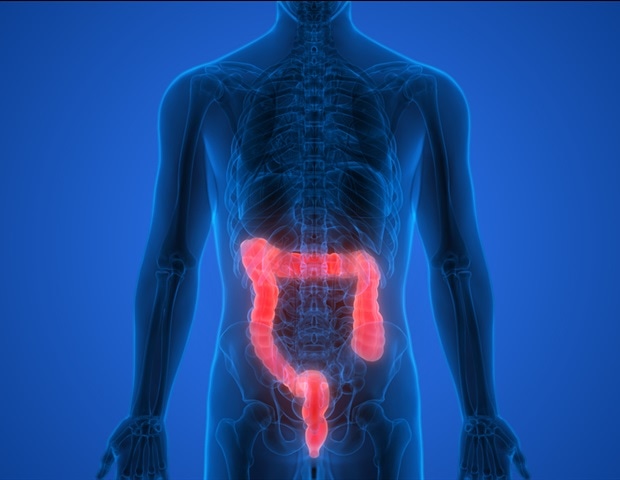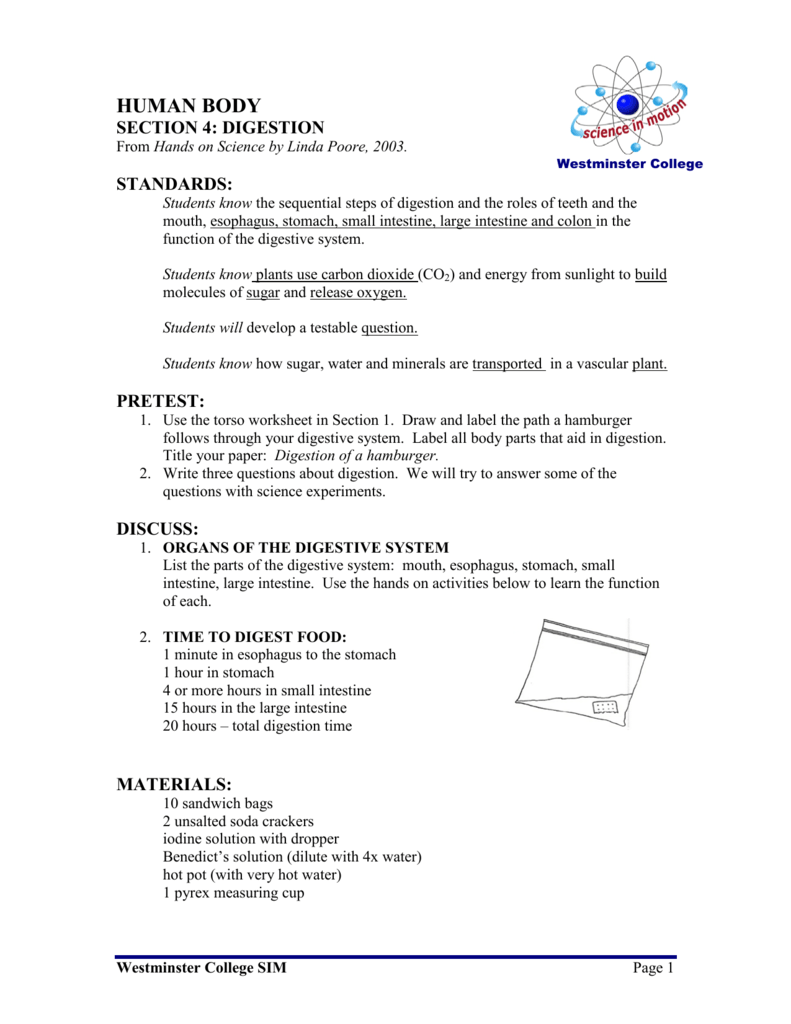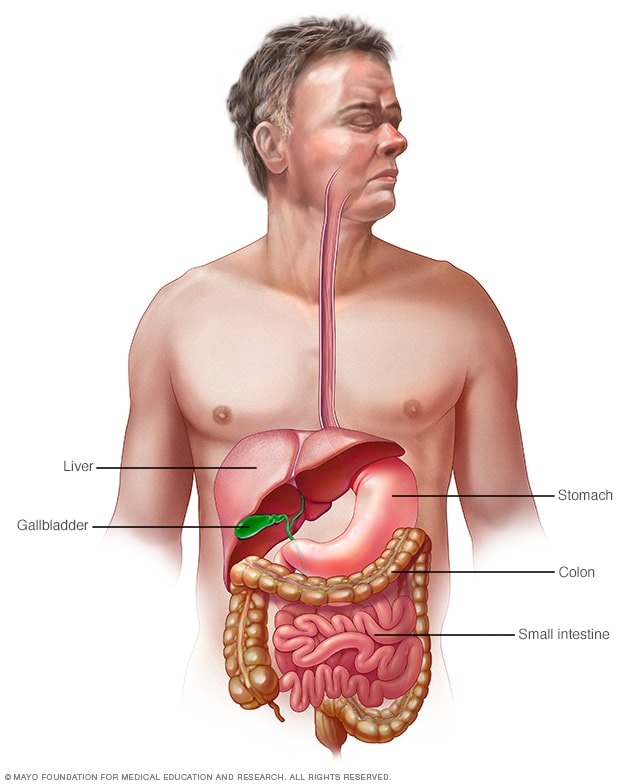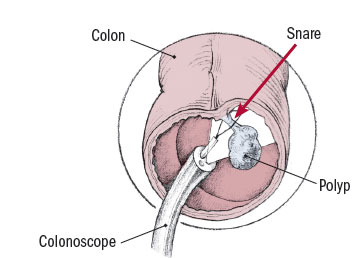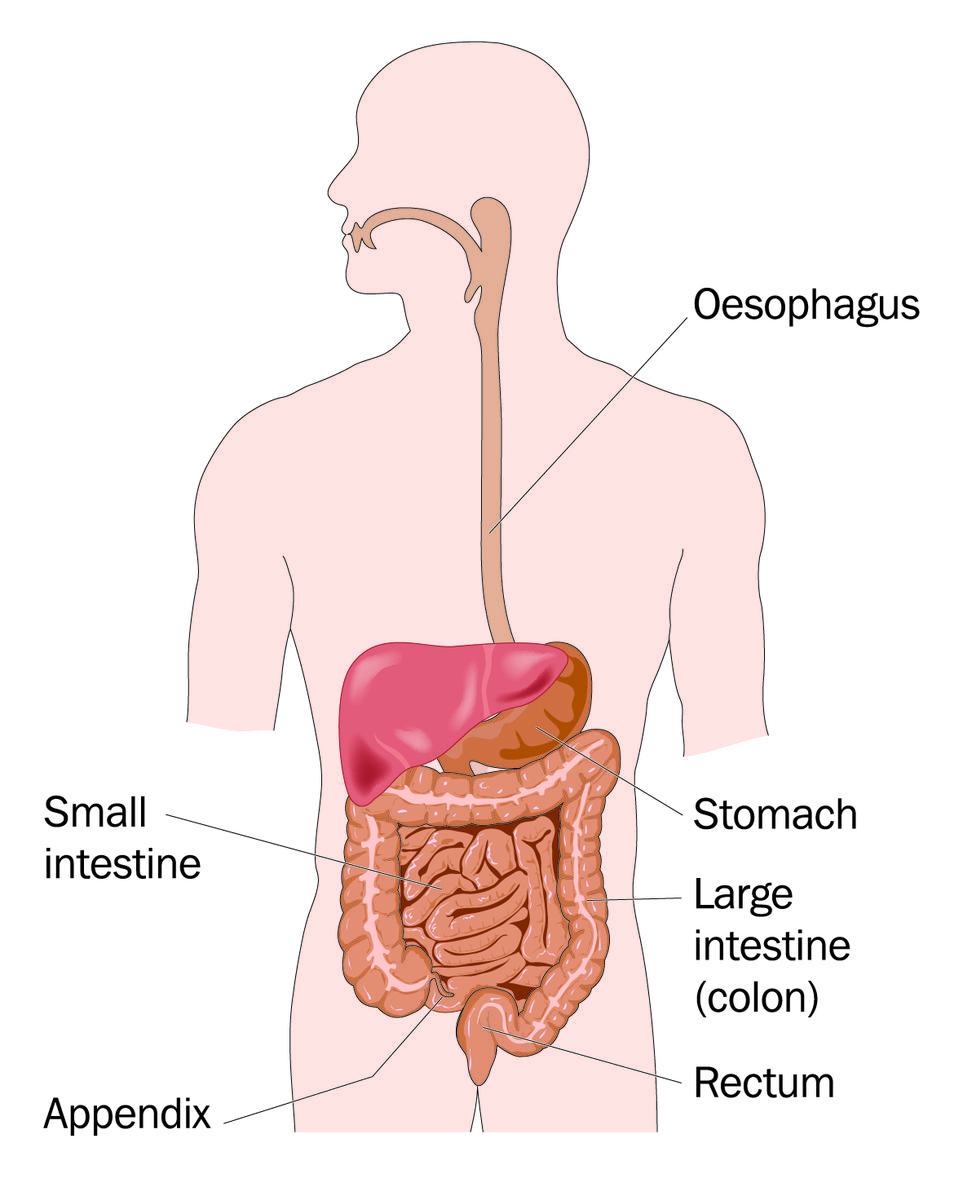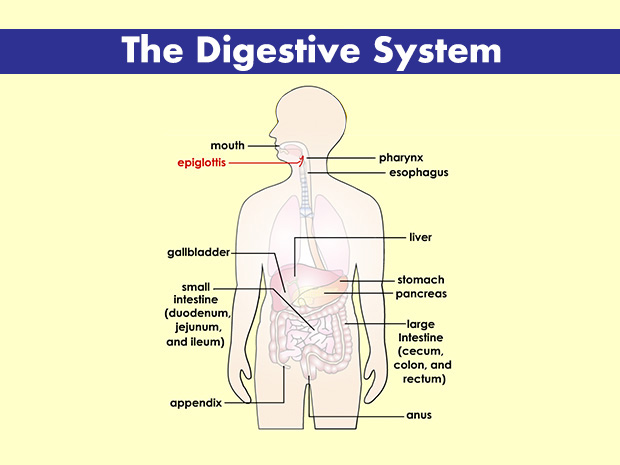Measurement Of Intestine In Human Body
Typically an adult human eye may measure up to 75 gram in weight and six cubic centimeters in volume.
Measurement of intestine in human body. The small intestine begins at the duodenum and is a tubular structure usually between 6 and 7 m long. Intestinal worms or parasitic worms are simple organisms that feed off the human body. As a result the average length of the human intestine can be anywhere from 6 to 85 meters in length depending on size and age of the person it occupies. The ileum last part of the small.
The large intestine is about 5 feet 15 meters long. If you stretched out your large intestine it would be about as long as the width of a queen size bed. Many people recognize the more common varieties such as tapeworms and hookworms but may be less aware of. Its mucosal area in an adult human is about 30 m 2.
The organ of food absorption. Its tilted in the bodys cavity with the left portion above the stomach and the right portion above the small intestine. The liver is shaped like a half moon and is your bodys largest solid organ. The intestines include the small intestine large intestine and rectum.
An integral component of the digestive system the small bowel or small intestine serves as the major organ of food absorption. The large intestine houses over 700 species of bacteria that perform a variety of functions as well as fungi protozoa and archaea. Human organ average weight in kg average weight in lbs location properties and fun facts functions and tasks. There are around 700 named muscles in the human body and hundreds of other unarmed muscles which weigh between 30 40 kg 66 88 pounds.
Its job is to absorb most of the. Therefore the average length of the human intestine is equal to the length of the small intestine added to the length of the large intestine. Living in a healthy balance with the body. Prev next the colon is also called the large intestine.
The colon is the longest portion of. The combination of the circular folds the villi and the microvilli increases the absorptive area of the mucosa about 600 fold making a total area of about 250 square meters for the entire small intestine.

